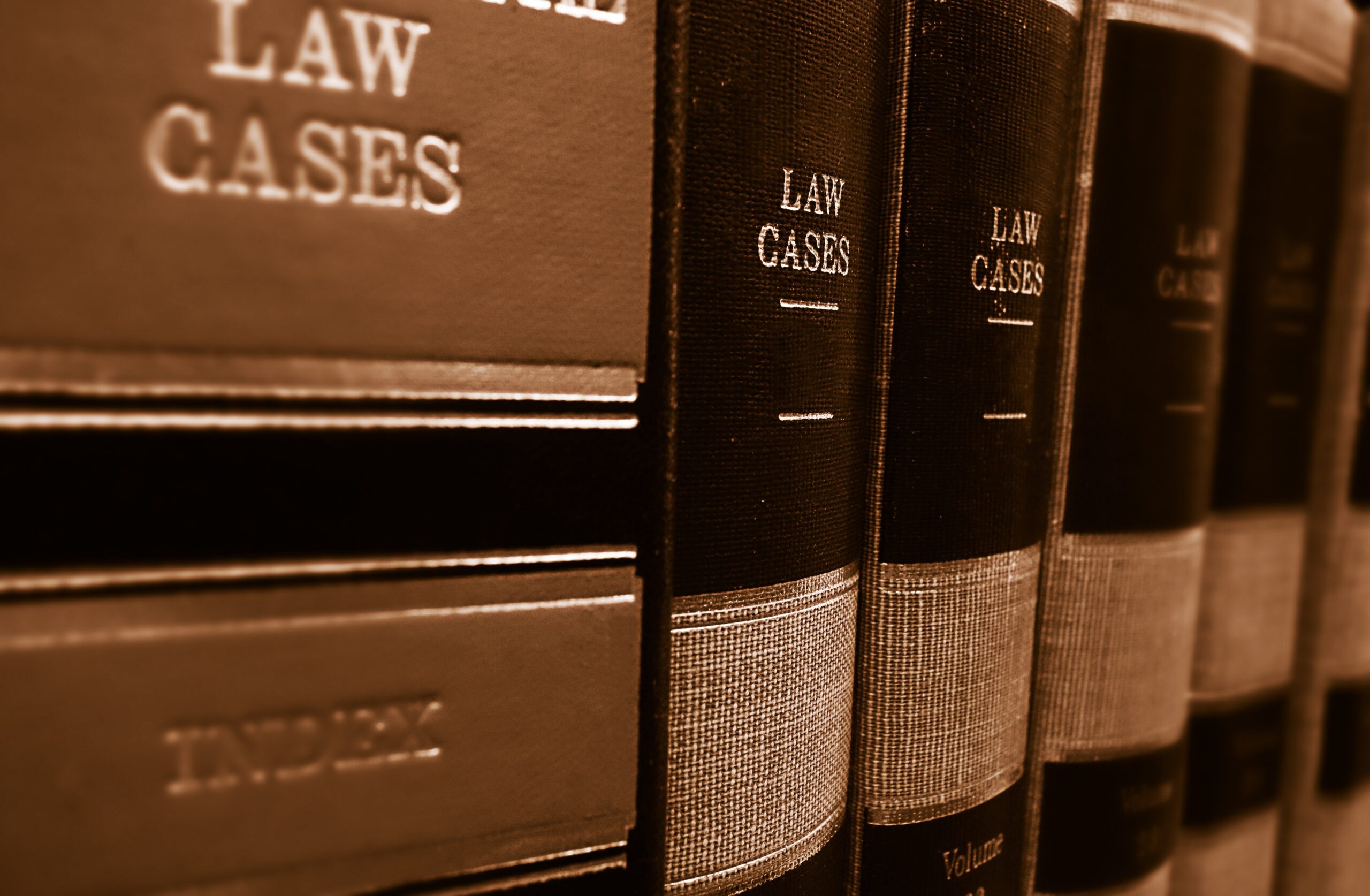What Makes a Competent Witness in a Criminal Prosecution?
When a person is on trial for a crime, the only evidence the jury can consider is competent evidence. This is evidence which is admissible, material, and relevant. When it comes to witnesses, they must also be competent. But what makes a competent witness in a criminal prosecution?
The Competent Witness Standard
Pursuant to the New York State Constitution, “no person shall be rendered incompetent to be a witness on account of his or her opinions on matters of religious belief.” As such, every adult is presumed competent unless there is evidence otherwise. This is also set forth in Criminal Procedure Law § 60.20(2).
To be a witness in a criminal matter, the person must be able to provide testimony about matters relevant to the case. Additionally, the witness must be able to understand and appreciate the nature and obligation of an oath.
Do you swear or affirm that the testimony you are about to give is the truth, the whole truth, and nothing but the truth?
~Sample Oath
A potential witness must understand:
- The difference between truth and falsehood,
- The necessity for telling the truth, and
- The fact that a witness who gives false testimony may be punished
If a witness does not understand these things, but if a court believes the witness has sufficient intelligence and capacity, the person may be permitted to give unsworn evidence.
When Is an Adult Not a Competent Witness?
If a person has a “mental disease or defect,” a court can inquire if the person would be a competent witness. The court ultimately makes this determination if a person does not have the capacity to warrant the reception of the person’s evidence.
Sometimes, a person may be competent to be a witness but only as to certain matters. For example, certain witnesses are “experts” who can provide opinions on things within their field of expertise. But non-expert witnesses would not be competent to render such expert opinions.
Can a Child Be a Competent Witness?
Pursuant Criminal Procedure Law § 60.20(2), “infancy” may prohibit a witness from giving testimony. Specifically, there is a presumption that witnesses under nine years of age are incompetent to testify. A witness less than nine years old may not testify under oath unless the court is satisfied that the child understands the nature of the oath.
To determine this, the court will conduct a “swearability hearing.” At this hearing, the judge will determine if the child is competent to testify. A child who is unable to understand the meaning of an oath because of their young age is not a competent witness. Additionally, the child must know the consequences of lying and understand the importance of telling the truth.
References:
- Guide to New York Evidence, “Article 6. Witnesses & Impeachment.” Available at: https://www.nycourts.gov/JUDGES/evidence/6-WITNESSES/ARTICLE%206%20%20Rules.pdf (last accessed Dec. 8, 2022).
- Criminal Procedure Law § 60.20, Rules of evidence; testimonial capacity; evidence given by children. Available at: https://www.nysenate.gov/legislation/laws/CPL/60.20 (last accessed Dec. 8, 2022).
Image: CC0 1.0 Universal (CC0 1.0) Public Domain Dedication

